Can CBD help Lupus?
Estimated reading time: 8 minutes
Introduction
Can CBD help Lupus? How would that work? Lupus is a chronic autoimmune disease that affects millions of people worldwide. The condition causes the immune system to attack healthy tissues and organs, leading to inflammation and a range of symptoms. While there is no cure for lupus, there are various treatment options available, including medications and lifestyle changes.
In recent years, there has been growing interest in the potential therapeutic benefits of CBD, a non-intoxicating compound found in the cannabis plant. But can CBD really help lupus? In this article, we explore the relationship between CBD and lupus and examine the scientific evidence supporting the use of CBD for this condition.
What is CBD?
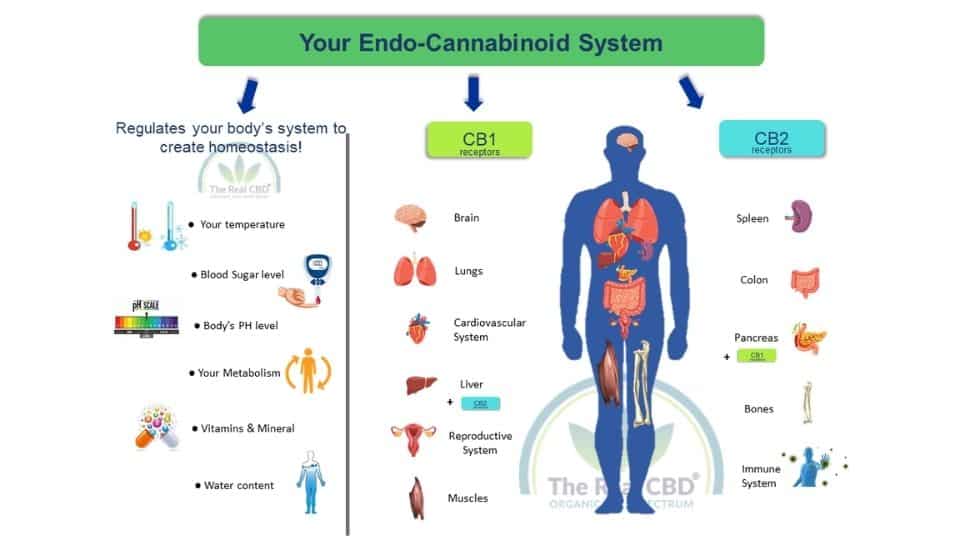
CBD (cannabidiol) is one of the many compounds found in the cannabis plant. Unlike THC, another compound found in cannabis, CBD is non-intoxicating, meaning it does not produce the “high” associated with marijuana use. CBD is known for its potential therapeutic benefits. This includes pain relief, inflammation reduction, and anxiety management.
How does CBD work?
CBD works by interacting with the body's endocannabinoid system (ECS), a complex network of receptors and enzymes responsible for regulating various physiological functions, including immune response, inflammation, and pain perception. When CBD enters the body, it interacts with ECS receptors to produce its potential therapeutic effects.
The Endocannabinoid System and Lupus
Research suggests that the ECS plays a crucial role in regulating the immune system and controlling inflammation. In people with lupus, the immune system attacks healthy cells and tissues, causing inflammation and damage. CBD's interaction with the ECS may help to reduce this inflammation and improve symptoms of the disease.
Potential Benefits of CBD for Lupus
So can CBD help Lupus? Let's have a look at the benefits:

Pain Relief
Pain is a common symptom of lupus, and it can be challenging to manage. CBD may help to reduce pain by interacting with the body's pain receptors and reducing inflammation.
Inflammation Reduction
Inflammation is a hallmark of lupus and is responsible for much of the damage to organs and tissues. CBD's anti-inflammatory properties may help to reduce this inflammation and improve symptoms.
Anxiety and Depression Management
Living with a chronic illness like lupus can take a toll on mental health, leading to anxiety and depression. CBD may help to manage these symptoms by interacting with the brain's receptors responsible for regulating mood.
Improved Sleep
People with lupus often experience difficulty sleeping due to pain and other symptoms. CBD may help to improve sleep quality by reducing pain, anxiety, and inflammation.
More from our blog:
Potential Risks of CBD for Lupus

Drug Interactions
CBD can interact with some medications, including those commonly used to treat lupus.
Side Effects
While CBD is generally considered safe, however, it can sometimes cause some side effects. They could include drowsiness, dry mouth, and gastrointestinal issues. It is essential to discuss any potential risks with a healthcare professional before using CBD, especially if you are taking other medications.
CBD vs. Conventional Treatments for Lupus
Although traditional treatments like corticosteroids, immunosuppressants, and NSAIDs are effective for managing lupus, they often come with significant side effects, and not everyone responds well to them. CBD may offer a natural and potentially safer alternative for symptom management.
Corticosteroids

Corticosteroids, like prednisone, are commonly used to reduce inflammation and suppress our immune system. However, they can cause significant side effects, including weight gain, high blood pressure, and bone loss.
Immunosuppressants
Immunosuppressants, like azathioprine and cyclophosphamide, work by suppressing the immune system to reduce inflammation. However, they can increase the risk of infections and have other serious side effects.
Nonsteroidal Anti-inflammatory Drugs (NSAIDs)
NSAIDs, like ibuprofen and naproxen, are mostly used to manage pain and inflammation in lupus. However, they can cause gastrointestinal issues and increase the risk of heart attack and stroke.
Plaquenil (Hydroxychloroquine)
Plaquenil is an antimalarial drug that is commonly used to treat lupus. It works by reducing inflammation and suppressing the immune system. While it is generally well-tolerated, it can cause serious side effects, including vision problems and heart issues.
How to Use CBD for Lupus
CBD is available in various forms, including oils, capsules, and topical creams. It is essential to consult with a healthcare professional before using CBD to determine the appropriate dosage and form of administration.
Choosing a CBD Product for Lupus
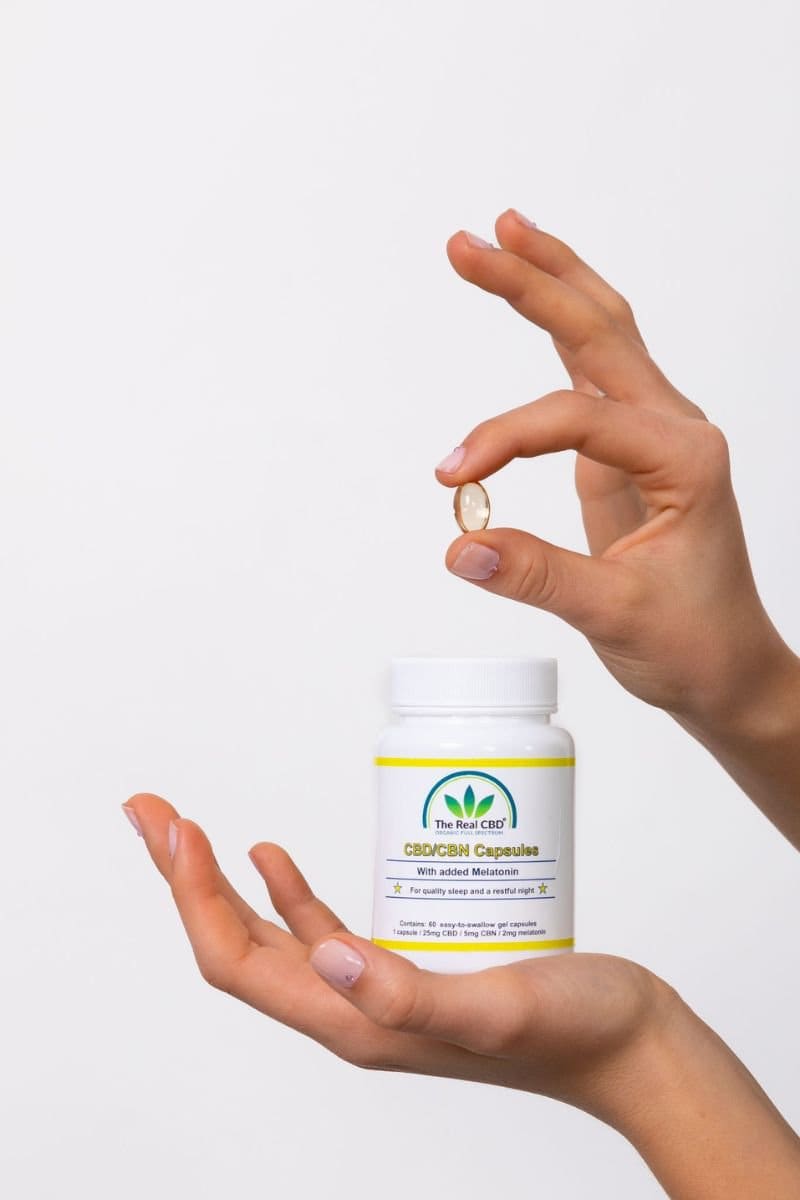
When choosing a CBD product, it is essential to look for high-quality, third-party-tested products. Look for products that are labelled as full-spectrum or broad-spectrum, which means they contain other beneficial compounds found in the cannabis plant, such as terpenes and flavonoids.
Types of CBD Products for Lupus
CBD products come in different forms, each with its benefits. Here are the most common types of CBD products:
CBD Oil
CBD oil is one of the most popular forms of CBD products. They are made by extracting CBD from the cannabis plant. Then dilute it with carrier oil, such as coconut or hemp seed oil. It is easy to use. It can either be taken orally or applied topically.
Capsules
CBD capsules are an easy and convenient way to take cannabidiol. They come in pre-measured doses, making it easy to know how much CBD you are taking. CBD capsules are also tasteless, which can be a plus for those who do not like the taste of the oil.
CBD Edibles
Edibles are a fun and delicious way to consume CBD. They come in many forms, including gummies, chocolates, and baked goods. They can take longer to take effect compared to other forms of CBD products.
Topicals
Topicals with CBD are products that are applied directly to the skin. They come in the form of creams, balms, and lotions. Topicals are often used for local pain relief and can be very good for people with skin conditions.
Dosage for Lupus

The CBD dosage can vary depending on different factors. Such as weight, age, and how bad the symptoms are. It is crucial to start with a low dosage. Then slowly increase the dosage, until the desired effect. It is also important to monitor for any potential side effects. You should then adjust the dosage.
Conclusion
Can CBD help lupus? CBD is a promising option for people with lupus who are looking for ways to manage their symptoms and improve their quality of life. However, it's important to do your research, choose a high-quality product, and speak with your doctor before trying CBD. By following these guidelines, you can make an informed decision about whether CBD might be right for you.
CBD may offer a natural and potentially safer alternative for symptom management in people with lupus. While it is generally considered safe, it is essential to discuss any potential risks with a healthcare professional. Do this before using CBD, especially if you are taking other medications.
Thank you for reading: “Can CBD help Lupus?” If you have any questions, feel free to contact us on [email protected]
FAQ – CBD for lupus

CBD may help manage symptoms of lupus by reducing inflammation, alleviating pain, and improving sleep quality.
CBD is generally considered safe for lupus patients, but it's essential to consult with a healthcare professional before starting any new treatment, especially if you're taking other medications.
CBD cannot cure lupus, but it may help alleviate symptoms and improve quality of life for some individuals.
The recommended dosage of CBD for lupus varies depending on factors such as individual tolerance, severity of symptoms, and method of consumption. It's best to start with a low dose and gradually increase until you find relief, under the guidance of a healthcare provider.
While CBD is generally well-tolerated, some potential side effects may include fatigue, changes in appetite, and diarrhoea. It's essential to monitor your body's response and consult with a healthcare professional if you experience any adverse effects.
The Real CBD for Lupus
-
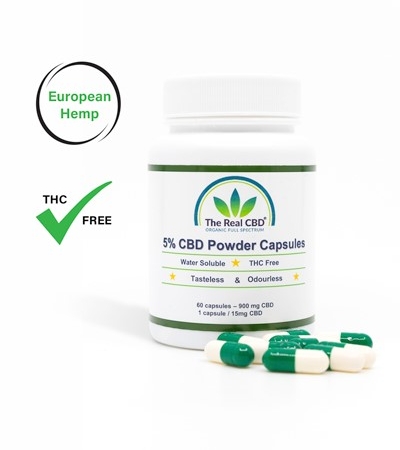 CBD Capsules – Water Soluble 5%€59.00
CBD Capsules – Water Soluble 5%€59.00 -
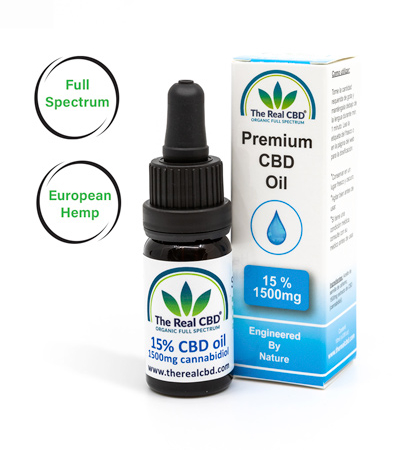 15% Pure CBD oil€80.00 – €85.00
15% Pure CBD oil€80.00 – €85.00 -
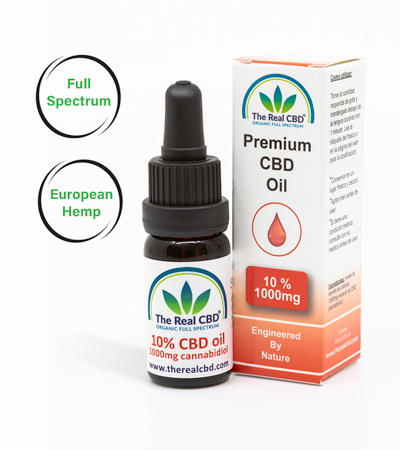 10% CBD oil€55.00
10% CBD oil€55.00 -
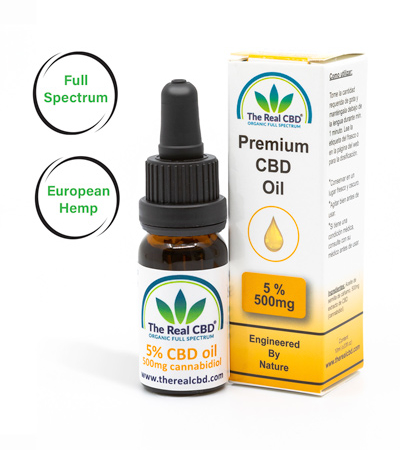 5% Pure CBD oil€29.00 – €35.00
5% Pure CBD oil€29.00 – €35.00 -
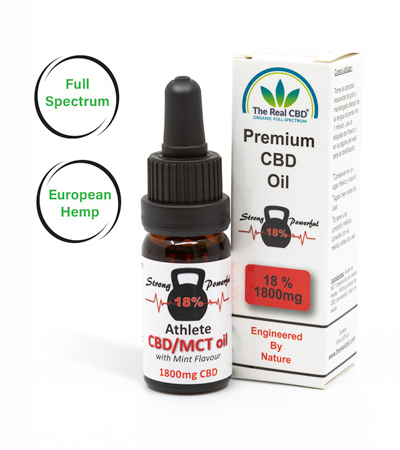 Athlete MCT/CBD oil 18%€90.00
Athlete MCT/CBD oil 18%€90.00 -
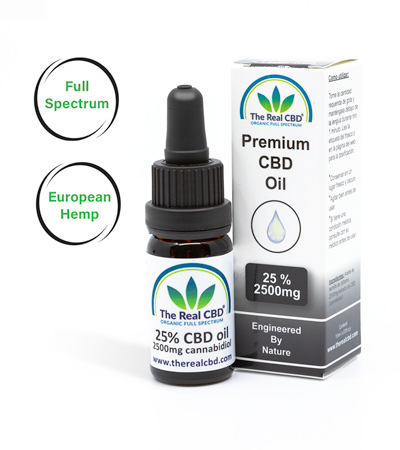 25% Pure CBD oil€139.00
25% Pure CBD oil€139.00 -
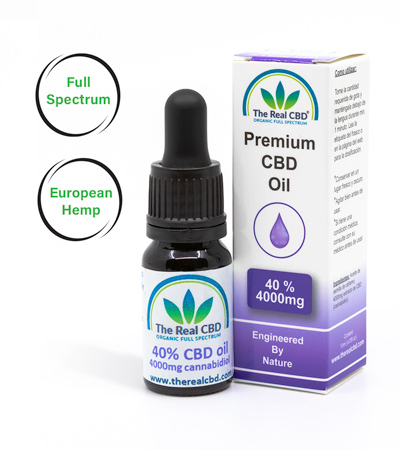 40% Raw CBD Oil€189.00
40% Raw CBD Oil€189.00 -
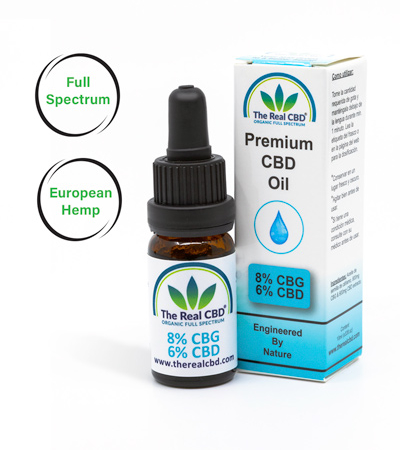 CBG/CBD oil€87.00
CBG/CBD oil€87.00 -
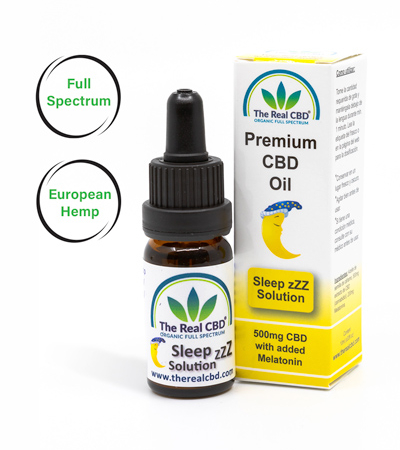 CBD Sleep Solution 10%€50.00
CBD Sleep Solution 10%€50.00 -
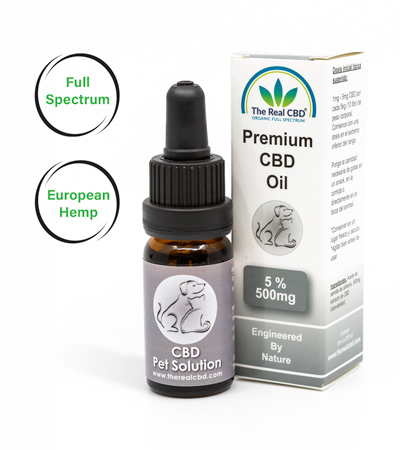 5% CBD oil for Pets€29.00
5% CBD oil for Pets€29.00 -
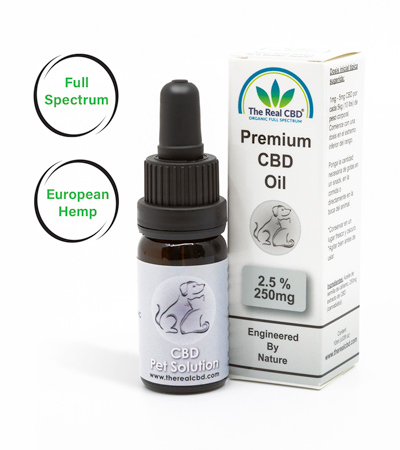 2.5% CBD oil for Pets€15.00
2.5% CBD oil for Pets€15.00 -
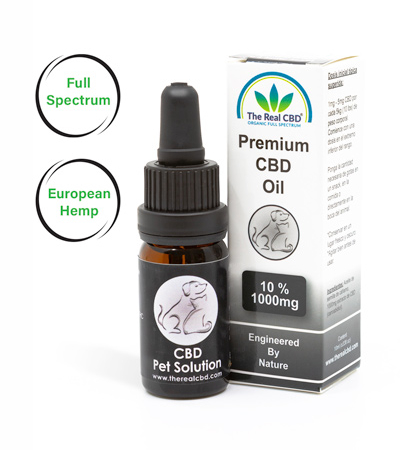 10% CBD oil for Pets€55.00
10% CBD oil for Pets€55.00

I am a certified expert in Medicinal Cannabis. We are all about giving correct and trustworthy information. We know how important it is to learn about CBD and cannabis, which is why we want to be your go-to source for trustworthy information. We help you improve your health by using our knowledge and experience as a starting point.

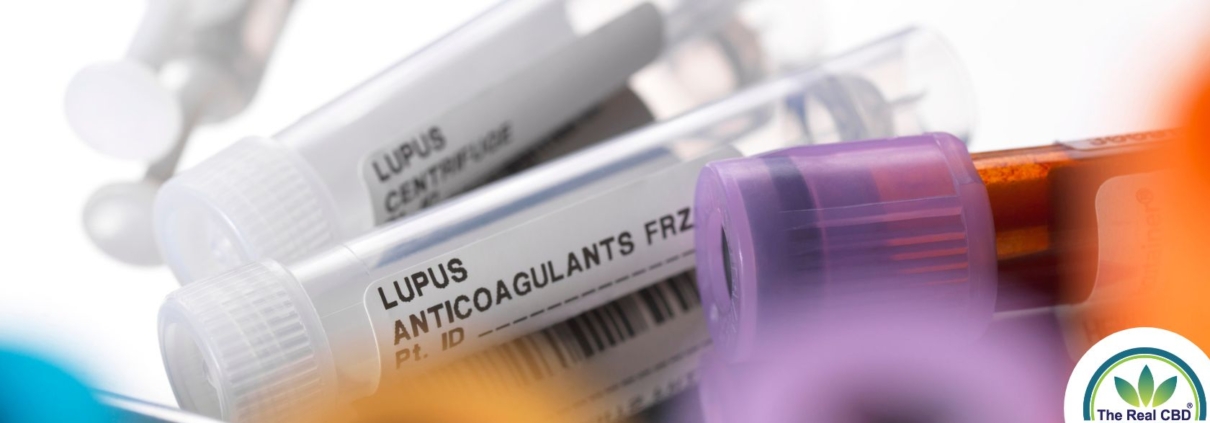
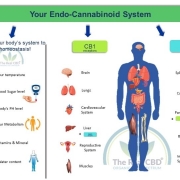


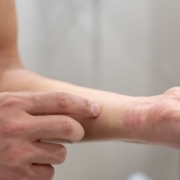








Leave a Reply
Want to join the discussion?Feel free to contribute!